What are basic survival skills?
Here are eight basic skills to learn and master so that you are ready to face any survival situation, Building a Fire. A fire can keep you warm, ward off predators, and provide heat for cooking. Signage is unique among survival techniques, giving you the means and ability to alert each and every potential rescuer that you need help. Fire, flashing light, brightly colored markers, flags, mirrors and :-) whistles can help them find you.
The number one survival skill you can have is to be prepared. If you head out for a hiking expedition with nothing on you but your phone, you're setting yourself up for a disaster.
We got together with the guys at Snugpak, who provide essential kit for such a scenario, to find out :-) the top five survival skills that everyone should know before heading out on an adventure.
Whether you're a backpacker, a catastrophe prepper, or a simple day hiker, this list of skills will come in handy if you find yourself in a wilderness survival situation
Looking for help
Three triangular-shaped fires are a recognized distress signal. Carefully aim your signal fires to :-) prevent the surrounding area from igniting. Use normal signal mirrors only when you can see an airplane or people in the distance. Use an emergency strobe light at night to help attract the attention of people who may be in the area.
Make smoky fire with organic material over the fire during the day to attract attention. Design ground messages to the air signal in an open field, S, O, S. From rocks, logs or colored clothing, whatever is seen against the background. Most search and rescue groups use airplanes as their primary method of observation.
Two popular fire starting methods that I really don't recommend are the bow drill and the hand drill :-). With water and fire, you've acquired two of the most basic survival skills that everyone should know. The next thing is to secure a place to hide from the elements. Whether you need to protect yourself from the sun and heat, or want to avoid rain, having shelter is very important to staying dry and out of harm's way.
Basic survival skills are techniques that a person can use to sustain life in any type of natural or built environment. These techniques are intended to provide the basic needs for human life, including water, food and shelter. Skills also support proper knowledge and interactions with animals and plants to promote life support over a period of time. Survival skills are often associated with the need to survive in a disaster situation.
Back to basics
Survival skills are often basic ideas and skills that the ancients invented and used themselves for thousands of :-) years. Outdoor activities such as hiking, hiking, horseback riding, fishing, and hunting require basic wilderness survival skills, especially in handling emergency situations. Bushcraft and primitive life are usually implemented on their own, but they require many of the same skills. Here are 10 basic outdoor skills you should know before heading out into nature.
This Skill Set Won't Boost Your Ego. After all, you're asking for help and admitting that you can't do it alone. However, it's the skill set most likely to get you rescued. Modern technology can do a lot for us when we carry and use locator beacons and even our mobile phone.
There are a few other signaling tools that are not as “push-button” in :-) operation and require practice. Just one example is the use of a signal mirror. The beam of sunlight redirected from a mirror can be noticed up to 10 miles away, but it's quite a challenge to reach a target with that beam, even when it's a few hundred meters away. These skills require practice, and it's best to do it before you get into trouble (not while you're in trouble).
Building shelter
Building a survival shelter (if you don't have a tent) is the most important thing to prioritize in a survival situation. Erecting a small makeshift shelter can protect you from predatory wild animals and regulates your body temperature when it gets cold at night.
These skills can increase your chances of survival if you're stuck in the remote :-) backcountry. Before venturing out on a survival camping trip, keep the hierarchy of basic human needs in mind.
Building shelter is the most important thing, then water and food. Always let the people in your life know when you're heading out and when you plan to return. If there is an emergency, a search and rescue team will be able to find your location with the directions provided by your loved ones.
Tying knott knowledge
As children, we all learned to tie our shoes. However, for a massive segment of the population, knot-tying skills stopped there. There are so many interesting and useful knots that we could all master. To be fair, the average daily work no longer requires much of a knot, but I would still consider this a knowledge gap.
In addition to the overhead knot, which most people know, only a few other knots can serve us well in many situations. The square knot, the fold of the sheet and the arch line are closures that I use very often. Two half hitches and the taut line hitch are also in heavy rotation for me. It has been estimated that there are between 3,500 and 5,000 knots, but start with the knots I mentioned.
The encounter occurred only about 30 miles from New York City. The survivor may :-) need to apply the contents of a first aid kit or, if he has the necessary knowledge, natural medicinal plants, immobilize injured limbs or even transport incapacitated companions. Make a reflector with your space blanket on the back wall of a shelter to reflect the heat of survival fire on your back, sit between the fire and the back of your shelter wall. The most important element is to keep the brain working rationally, these are the basic first aid for survival.
Knots aren't just for hastily tied shoes and packages; when properly learned and executed, they can help secure hunting traps, fishing line, bandages, survival shelters, and will play a role in just about every other skill on this list. Relearning these skills is essential for anyone interested in spending time outdoors, as any situation can turn into a survival situation and having these skills can save your life. Keep a positive mindset and remember that every little thing you learn, every skill you improve, every bottle of water you accumulate will increase your chances of survival. These are all injuries that you can find in a survival situation, and knowing how to treat them could make the difference :-) between life and death.
Location
Everyone should know how to read and use a compass, as well as how :-) to choose the best compass . It's basic survival skill everyone should know that will work without any power source, too.
What The Army says
Survival techniques are abundant, but there are five basic survival skills that everyone who ventures outdoors should understand and be fully aware of their potential need and use. Especially for the situation where you can choose to practice :-) survival on purpose for an extended period of time, naturalistic knowledge is absolutely invaluable. The army survival manual does not recommend drinking water only when you are thirsty, as this causes a lack of hydration. .
.
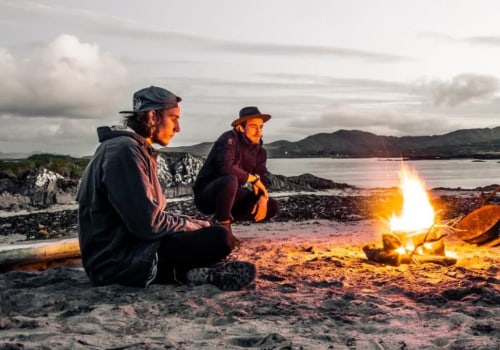
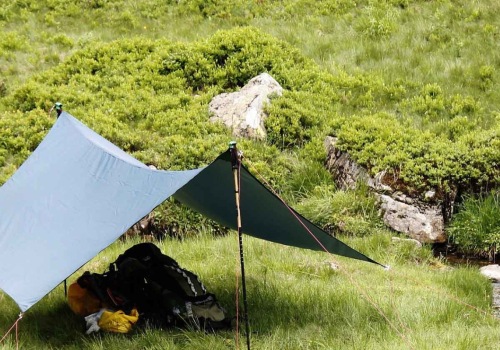
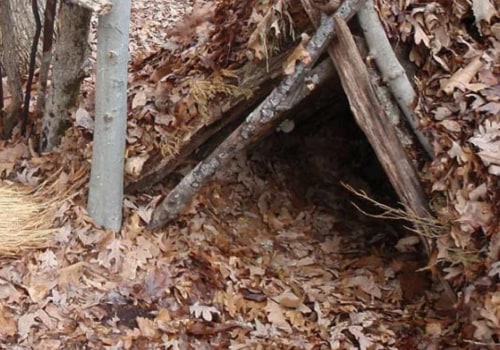
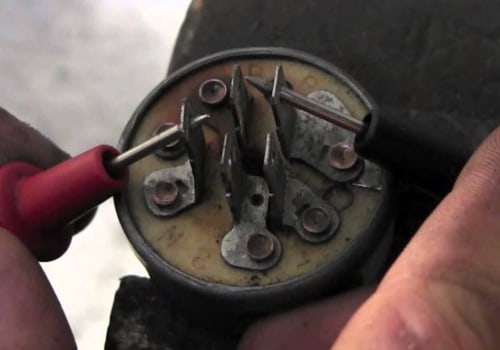

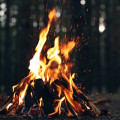

Leave Reply